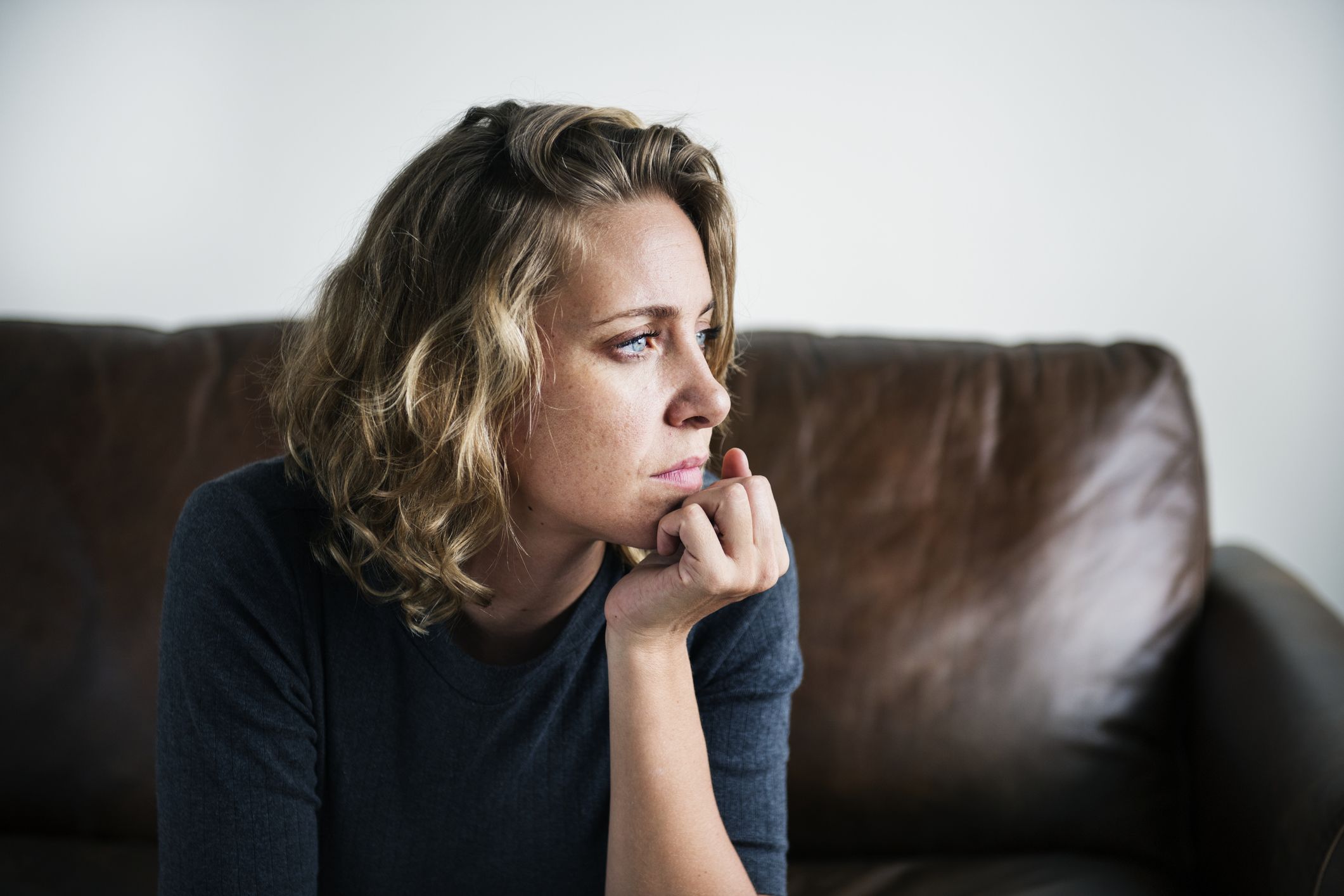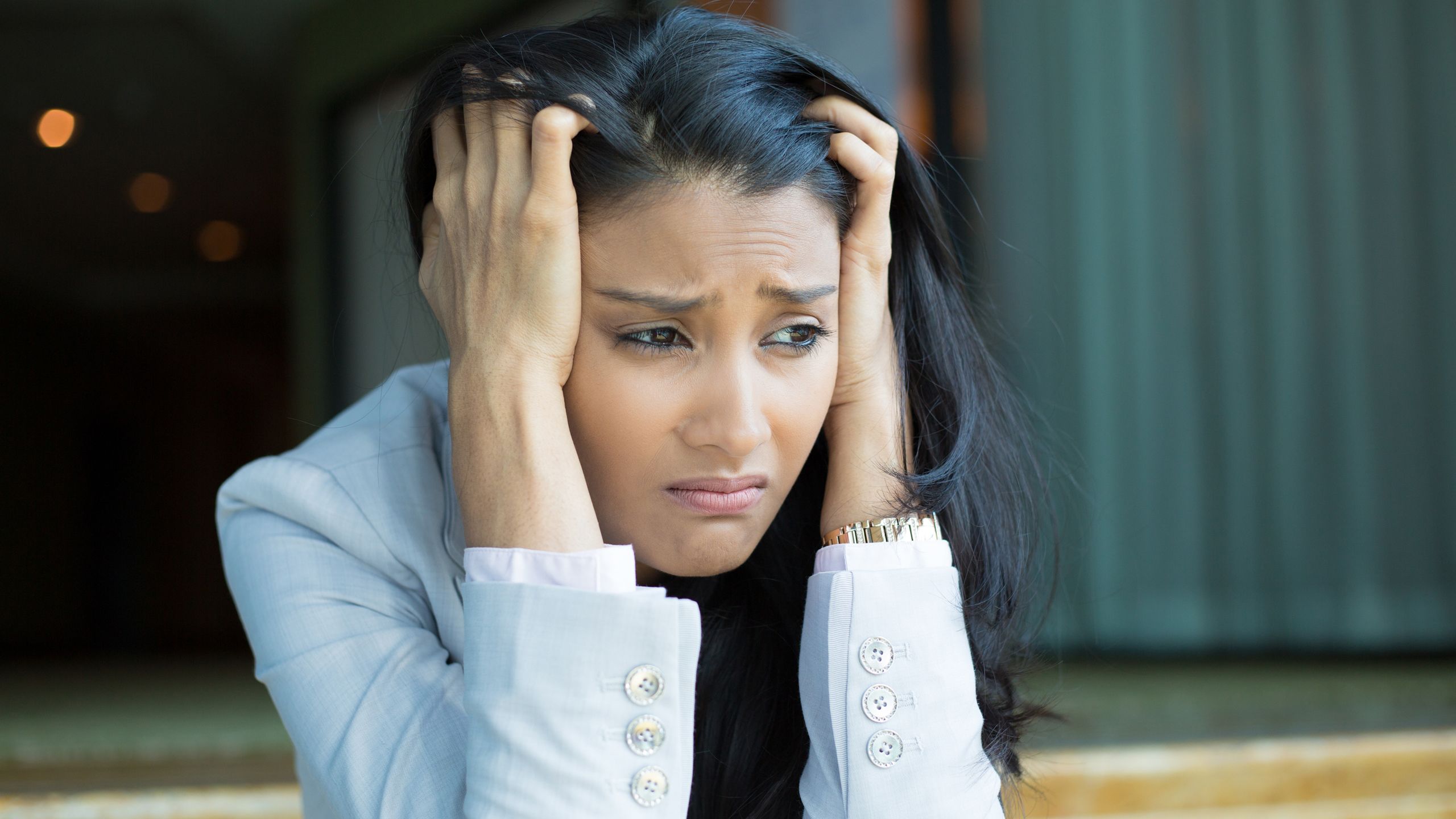Betsy Chung, Clinical Psychologist, talks about anxiety and depression during COVID-19.

Transcript
During COVID, anxiety can definitely increase because we have so much more time to sit around and think and worry about things.
[MUSIC PLAYING] Anxiety is our body's response to stress. Whenever we're faced with some sort of threat or pain,
that anxiety is what comes up in order to protect us from that. Now, when we experience anxiety issues or anxiety problems,
that's when we start to assign threat to things that are not necessarily threatening to us.
There's multiple ways that anxiety and depression are related. When we think that things aren't going to work for us, we're expecting the worst outcome,
and so therefore, we're afraid to take action. One of the ways that you know that you have anxiety
is that you are going to feel uneasy all the time, and you're going to have racing thoughts because your brain is trying to solve a problem for you.
The way that we talk to ourselves, the way that we tell ourselves about certain problems very much impacts the way that we feel about it.
The more that we think about things, the more problems that come up in our minds. And so that's going to kind of catapult us
into starting to ruminate about problems. But the problem is is that if you don't stop yourself and you don't choose a solution, and you allow your brain
to continue to think about all the worst-case scenarios, that's where anxiety really starts to hurt you.
And we have this intense fear that if we make the wrong decision, that is going to be some sort of a catastrophe.
And so it's really important to recognize those types of thoughts that you might be having, and-- you know, and your inability to, I guess,
make decisions, the way that you used to. [MUSIC PLAYING]




